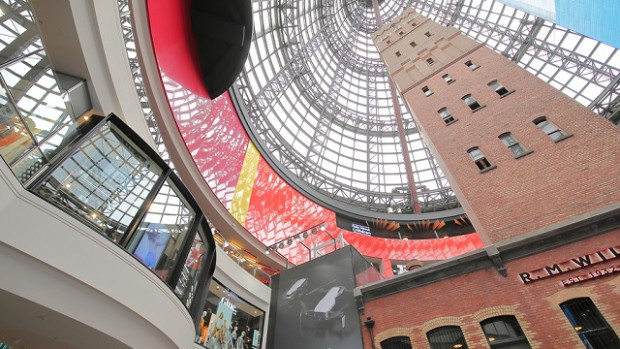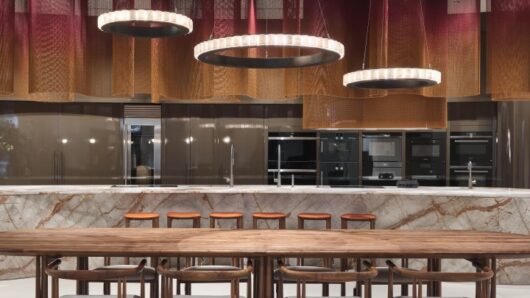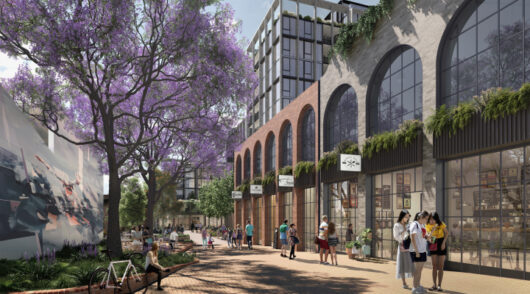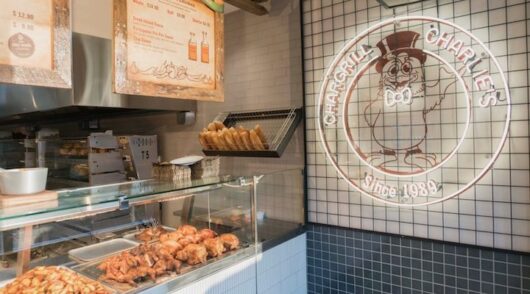
Real estate firm GPT Group said it has put on hold both the Rouse Hill Town Centre retail expansion and the Melbourne Central office and retail development to a later date when market conditions are more supportive.
The group had announced last year its $170 million expansion plans for the Hills District which was supposed to commence construction this year and will be completed in 2022.
The proposed extension of the Rouse Hill Town Centre would create a fully integrated residential, commercial, retail and community development within 600 metres of the Sydney Metro Rouse Hill Station.
Construction on the Melbourne Central’s redevelopment was supposed to commence in 2021.
“The group has taken the decision to defer the commencement of both the Rouse Hill retail expansion and the Melbourne Central office and retail development until such time as market conditions are more supportive,” the ASX-listed company said in a statement.
“These initiatives will help ensure that the group remains in a strong financial position and is well positioned for the recovery phase post COVID-19.”
The company has also withdrawn its 2020 short term incentive compensation scheme and the 2020-2022 long term incentive scheme.
At the beginning of the year and prior to the impact of COVID-19 restrictions, GPT said its retail sales showed positive momentum with monthly combined specialty sales up 3.0 per cent in January and up 4.9 per cent in February year on year.
In mid-March, the introduction of measures to contain the spread of the coronavirus, resulted in lower levels of foot traffic and a reduction in the number of stores trading, which contributed significantly to declines in monthly combined specialty sales of 27.3 per cent and total centre monthly sales of 21.3 per cent. Supermarkets, unsurprisingly, were the strongest performer in March, with monthly sales up 19.7 per cent.
According to GPT, positive leasing results were achieved during the first quarter across the office and logistics portfolios.
The company said its logistics portfolio occupancy has increased to 98.6 per cent as a result of the let-up of vacancies, the completion of developments and acquisitions in the period. Two developments have been completed at Berrinba in Brisbane and leased to DHL, JB Hi-Fi and Windoware.
“We are pleased that we have been able to continue to demonstrate strong progress on our logistics growth strategy following the completion of three new high quality facilities, all of which are fully leased and the acquisition of a well located asset in Melbourne,” GPT’s CEO and managing director Bob Johnston said.
The Group currently has $1.27 billion of available liquidity held in cash and undrawn bank facilities, with less than $5 million of debt maturing through to December 2021.
GPT said it has also been engaging with its tenants during the crisis discussing leasing arrangements.
“We are engaging with our tenants in a proactive and considered way so that we can all emerge from the pandemic in a position to grow our respective businesses,” Johnston said. “The application of the Code (new commercial tenancy Code of Conduct announced by the National Cabinet) provides both landlords and tenants a clear pathway to negotiate a mutually beneficial outcome.”
GPT has withdrawn its FY20 FFO and distribution guidance with today’s uncertain economic environment.
Retail landlord Mirvac has said it will continue to work on its development pipeline.
“We are focused on maintaining construction momentum across our portfolio, and fast tracking our $54 billion future development pipeline, which is strategically weighted to Sydney fringe and Melbourne, to ensure we are in the best possible shape to benefit from the eventual recovery,” said Susan Lloyd-Hurwitz, Mirvac’s CEO and managing director.
Construction continued at all Mirvac’s sites during the quarter, the company announced, with social distancing and additional hygiene measures firmly in place. During the period, the company said it has also extended the number of residential lots settled in the financial year to date to 1,818 with defaults remaining below 2 per cent.
Lloyd-Hurwitz said they saw supermarkets, liquor, pharmacies, games and automotive categories all experience strong growth as consumers stocked up on essentials and home activities with fresh food and discount department stores also holding up relatively well.
“However, most other categories experienced sharp declines in March, which we expect to continue into Q4,” she said. “Across the Mirvac portfolio, CBD and tourism based centres have been more severely impacted with smaller centres based around essential goods and services performing solidly by comparison.”
She also said that in these challenging times, the relationship with its retail partners are more important than ever.
“We understand the success of our retail centres is intrinsically linked to that of our retail partners.”
Lloyd-Hurwitz said the business has been impacted with the current health crisis and has withdrawn guidance in March.
“At the same time, Mirvac is getting on with preparing for the recovery that will come,” she said. “We have bolstered our short term resilience, and also maintained our focus on the future. We continue to work on our development pipeline, exploring a range of additional opportunities and improving our capabilities, in order to expedite the recovery process.”





